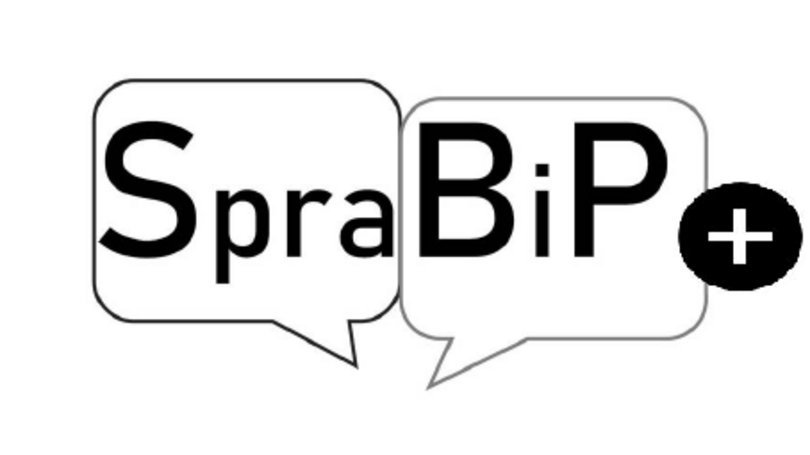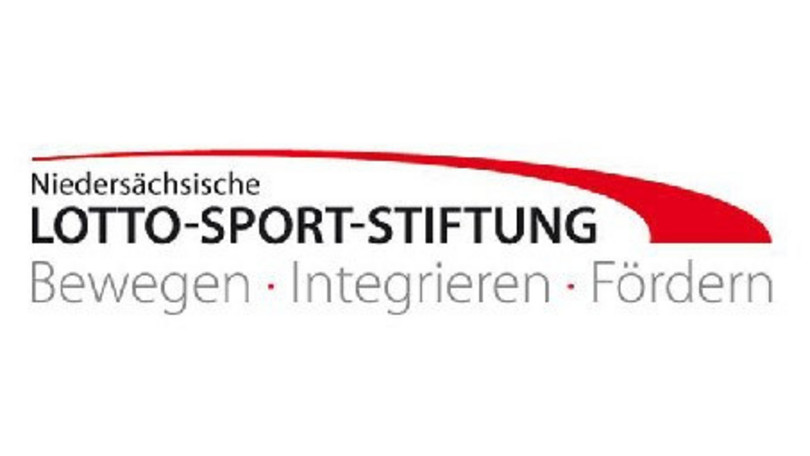Project: SpraBiP+
Project duration: October 1st, 2023 - March 31st, 2024
The project "Sprach(en)bildung in Partizipationsräumen - Studierende engagieren sich in der schulischen Sprach(en)bildung" (SpraBiP+) is designed as a Service Learning project and is linked to the previous projects "SpraBiP" and "LehrWEP" as well as many other previous projects which you can find here. Service Learning is a teaching-learning concept that combines theoretical learning in seminars at the university with social engagement at a practical location.
The project "SpraBiP+" focuses on students learning German as a second language: At various practice locations of our practice partner network, students are supported by student teachers to develop and expand their linguistic competencies in the German language and to use their multilingual potential. The students' involvement forms a bridge between the school requirements and the (multi-)linguistic skills as well as the linguistic support needs of the students. It opens up spaces of interaction in which the students' educational language skills and thus their participation in education are promoted. At the same time, student teachers acquire practical competencies for education in a globalized and multilingual society.
The theory-practice link differs from regular practical phases in teacher training: In a win-win situation,
a) students receive individual support as well as further support from the (extra-)school practice location and
b) student teachers have the opportunity to test and further develop their personal, subject-related and subject-didactic-methodical competences.
This individual creative freedom is to be arranged on their own responsibility and not pre-structured by classroom visits. By making use of participatory design spaces, student teachers thus acquire practical professional competencies for education in a democratic, globalized and digitalized world, which are indispensable for their future work as teachers. In SpraBiP+, special attention will be paid to the expansion of cooperation with vocational schools and to the support of students of vocational teacher training. In particular, digital tools for language education with students will be researched and tested.
Teachers, students and practice partners can obtain support from the specialist language library. Synergy effects also arise with the "S3" project, which is largely responsible for cooperation with the practice locations of the practice partner network.


